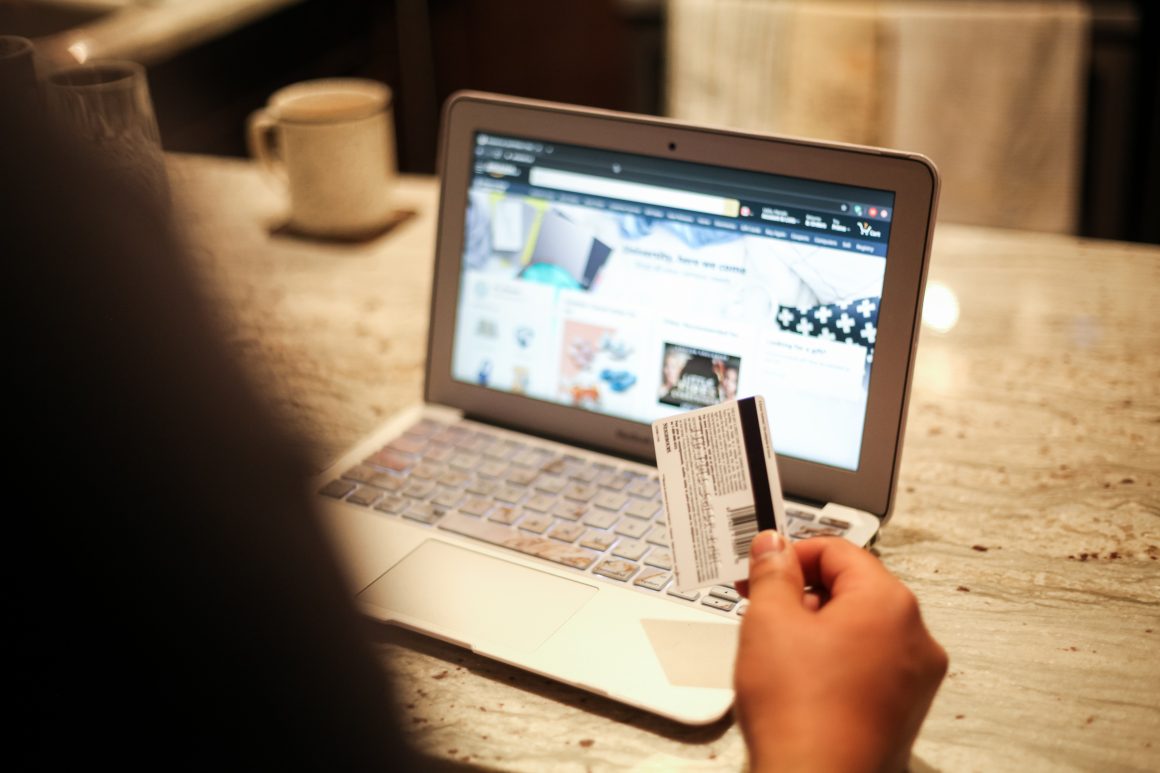
Why are we drawn to shopping during uncertain times?
By Ishita Moghe, July 5 2020—
With Amazon’s sales increasing by 28 per cent this quarter, the effect that the pandemic is having on consumers is hard to ignore. In a time where saving money makes sense, we’re seeing a rise in non-essential spending. Why is that?
Of course, the most obvious answer is accessibility. The ability to shop whenever and wherever you want, even at work or at night (or in quarantine) and have access to a greater variety of items in an almost unlimited number of online shops makes online shopping so much more appealing than in-person shopping. For most people, being able to avoid social interaction while shopping is a bonus.
It’s also important to consider our physiological and psychological responses to shopping to better understand why it seems to make us feel better in uncertain times. For most shoppers, the act of buying is associated with the release of neurotransmitters serotonin and dopamine. Serotonin is linked with lower inhibition, and dopamine is associated with learning, memory and reward salience. Online shopping allows us to feel excitement and physiological satisfaction from the comfort of our homes.
Shopping can also be used as a psychological crutch to combat negative mood or a loss of control in other aspects of your life. When used to make yourself feel better, shopping attaches emotional significance to the objects you buy. When greater emotional value is allocated to your purchases, you also strengthen your attachment to the act of shopping as a mood-booster. These strong positive feelings can even combat negative emotions about other things in your life.
Studies have shown that online shoppers seek out and experience the feeling of euphoria when buying. The journey of buying something is itself a reward: ‘pay after you buy’ programs make it feel like you’re not even paying, and checking your item’s delivery status multiple times a day provides excitement and something to look forward to. The anticipation and ease of online shopping are more desirable and more addictive when other parts of your life lack structure or excitement. This is probably why so many of us get the urge to shop online while being stuck at home.
Even though these feelings of excitement and euphoria that we get from shopping may be fleeting, we can’t dismiss them completely. Past research has investigated how buying ‘utilitarian’ goods instead of ‘hedonic’ goods can help restore the feeling of control in individuals who lack control over their environments. Purchasing hedonic goods, like fast food and clothes, can cause feelings of guilt over wasted money. On the other hand, purchasing utilitarian goods like new stationery and home improvement projects, can restore a sense of control and autonomy to the individual. We can more easily justify utilitarian purchases and convince ourselves that they are wants rather than needs.
The term retail therapy is defined as “shopping to make oneself feel happier.” Even though retail therapy can give us a sense of control and excitement in the short term, it often leads to guilt and stress for spending money, which further multiplies the feeling of loss of control. In short, it’s not a great alternative to real therapy. Based on previous research on the subject, it’s no surprise that our neurophysiological reactions to online shopping can produce behavioral addictions in which we might rely on buying things to make ourselves feel better. Though you shouldn’t feel guilty for seeking comfort through shopping, it is important to understand the root of your behavior to better support yourself and those around you.
This article is part of our Opinions section and does not necessarily reflect the views of the Gauntlet’s editorial board.
